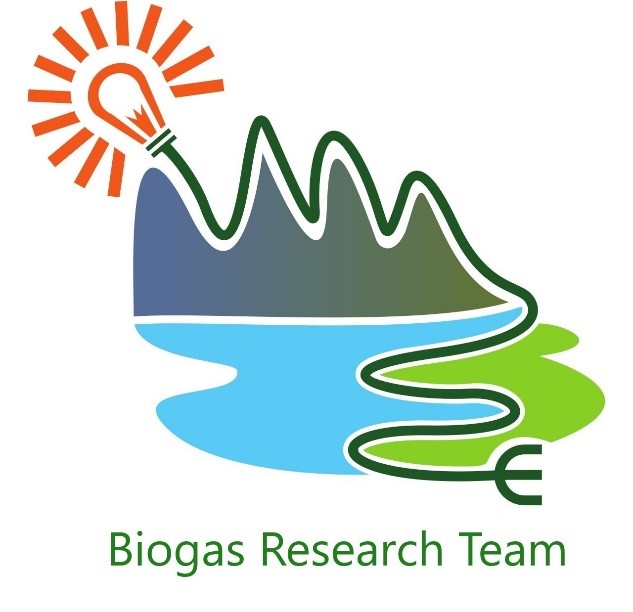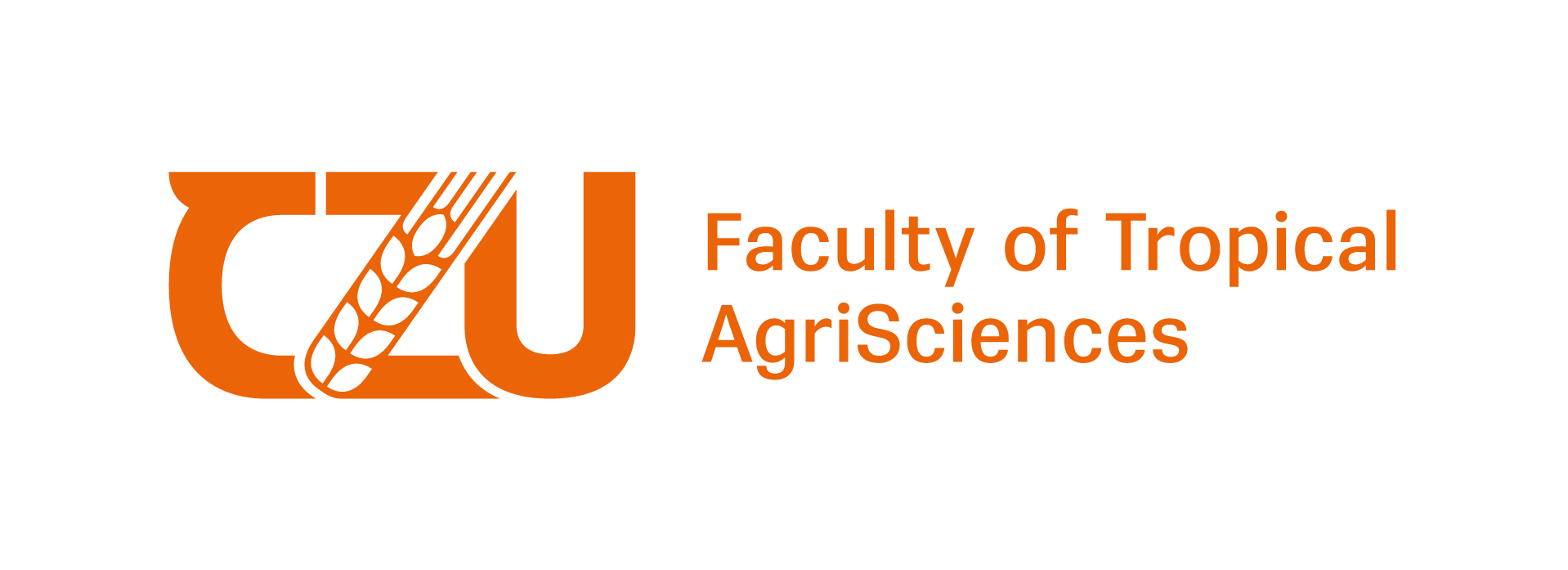Team news
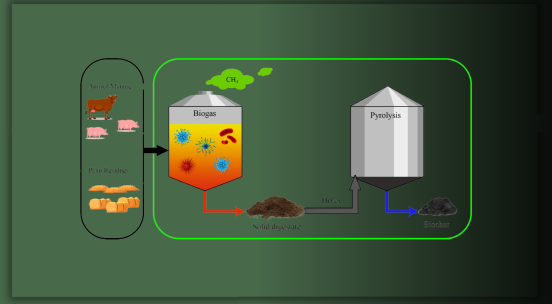
BRT Popularization Series - Biogas technology in Vietnam: prospect within our hand
The young researchers of the Biogas Research Team (BRT) are diligently working to increase the visibility of the success and potential of bioenergy sources across the globe. From Indonesia to Vietnam to Ethiopia and beyond, their efforts to highlight the impact and importance of incorporating renewable energy technologies are creating change worldwide.
With this popularization series, we aim to showcase the impact of our research on renewable energy in strategic countries around the globe.
Enjoy reading the research by our Ph.D. student, Van Hau Duong!
Our PhD student, Van Hau Duong, is looking at how biogas plants in Vietnam are not only addressing the pressing issue of animal manure waste but also meeting the energy demands of local communities. Vietnam boasts a rich history in biogas technology dating back to the 1960s, culminating in the construction of the first biogas plant in 1964 in Bac Thai, Ha Noi, and Ha Nam Ninh. Over the years, various initiatives and collaborations have increased the spread of biogas technology. For example, a collaboration between Vietnam and the Netherlands in 2003 spurred the establishment of large-scale biogas projects, resulting in 500,000 biogas digester plants installed to date. Despite these advancements, challenges persist. Technical capacity, social perspectives, financial constraints, and policy frameworks remain barriers to widespread adoption throughout Vietnam. Luckily, intensive efforts are underway to address these challenges and drive further development within the country.
Looking ahead, Vietnam's biogas sector holds immense promise. With an abundance of potential feedstock from livestock, forestry, agriculture waste, and household organic waste, the country is well-positioned to harness renewable energy sources. Government incentives and investment opportunities are poised to attract both domestic and international investors, driving the transition towards a greener, more sustainable future. For a deeper dive into Van Hau Duong's research and its implications, refer to the article below!
Interested in more details? Check out:
Duong, V. H. (2024). Biogas technology in Vietnam: prospect within our hand. Biogas Research Team. Retrieved from
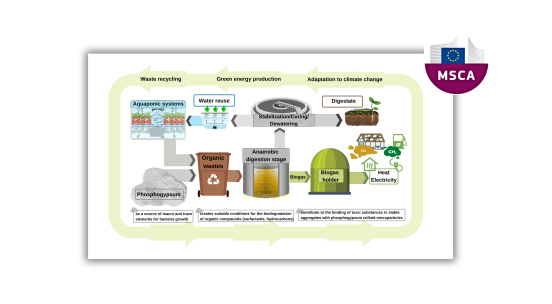
Project alert! PG-BIOPRO - Phosphogypsum as a mineral resource for bioprocesses
The BRT is pleased to introduce the PG-BIOPRO (Phosphogypsum as a mineral resource for bioprocesses) [SH1] project. It is funded through the MSCA4Ukraine project, which is funded by the European Union. It will run from 2023 to 2025. The concept of this project is to develop integrated biotechnological solutions to produce biofuels and organomineral fertilizers. It is based on using organic waste as carbon substrates and phosphogypsum as a source of nutrients and trace elements for the microorganisms' growth during anaerobic digestion.
The World as we know it is quickly changing. Humankind is facing numerous crises far beyond the imagination of previous generations. The global energy and biodiversity crises stimulate our effort to find alternative and environmentally friendly energy sources to fuel growing populations worldwide. Renewable energy has been recognized as a viable strategy that meets the UN Sustainable Development Goals (SDGs). We urgently need new means to acquire sufficient nutrients and trace elements for the desired microbial activities that satisfy our need for biofuels, starting compounds for the chemical industry, etc.
Our PG-BIOPRO project will explore the use of phosphogypsum (PG), a chemical waste after fertilizer production from phosphate rock, by the wet acid method. Environmental concerns and increased costs of PG stockpiling call for better use.
In short, our project aims to:
- Research on PG as a nutrient resource for microbial associates during anaerobic digestion of organic waste;
- Develop a taxonomic classification and review of metabolic pathways of PG compound transformation with the use of electronic KEGG, MetaCyc and EzTaxon databases;
- Evaluate the fermentation waste properties as organomineral fertilizer using Life Cycle Assessment (LCA) approaches.
Scientific impact
We will obtain new scientific results based on the planned theoretical and experimental studies. Namely: (i) determining the patterns of using such chemical by-products as phosphogypsum as a new type of mineral supporting carrier (biocarrier) for the growth of microorganisms; (ii) the process of intensification of biofuel production will be scientifically substantiated; (iii) and environmentally friendly fertilizers production to restore the environment.
Our project will result in the following opportunities: LCA of theoretical and experimental research, including numerical simulation and physical modelling of biofuel production processes with waste recycling and producing a number of other bio-products; defining the economic strategy for the biofuel sector at a local level in different regions of Ukraine. Furthermore, the project results will refine the existing and develop new environmentally friendly resource-saving bioenergy technologies, assess their economic efficiency, clarify the technological requirements for operating the equipment, and prepare them for commercialization.
Societal impact
The proposed research will develop the capacity of Ukrainian scientists during the war in Ukraine, with the possibility of conducting research while staying in safe conditions with the involvement of the necessary material base through regular online lectures to Ukraine and the Open Science approach of CZU. Furthermore, the study’s results will significantly contribute to the development of the Sumy region and the labour force in the future post-war period.
Economic impact
The obtained products will be used in developing green energy and agroecology in Ukraine and the Czech Republic. We will promote sustainable bioenergy innovations in electricity and biogas production. Additionally, complex biotechnological methods for waste treatment will allow the restoration of contaminated soils in dump areas and improve their buffer properties.
Biofuel production is one of the most economically and environmentally beneficial solutions for organic waste material and chemical by-products such as PG. The actual level of energy recycling of such waste is far below our possibilities. The proposed solution will contribute to the diversification of available energy sources, the suppression of fossil energy use, and the neutralization of environmentally detrimental toxic wastes. Apart from the biogas and irrigation water, the end-products of fermentation of organic waste (such as sewage sludge, poultry manure, etc.) could be reused as artificial fertilizers.
Demand for global resources exceeded supply and drove up prices as economies recovered from the COVID-19 pandemic. This led to a global cost-of-living crisis characterized by rising energy and food poverty. The war in Ukraine considerably worsens this situation, which among other damaging aspects, causes severe disruptions in the fertilizer supply chain for all macronutrients. Our project is thus more than timely as we only need support to manage the transition from laboratory to semi-industrial scale. Furthermore, the possibility of cooperation with a number of companies interested in introducing PG processing into their production is also in the target area. It would be an ideal opportunity to introduce the recycling of PG into production practice and create urgently needed valorization perspectives.
Stay tuned for more updates on the PG-BIOPRO project!
For more details on BRT activities, follow us on social media for regular updates and highlights.
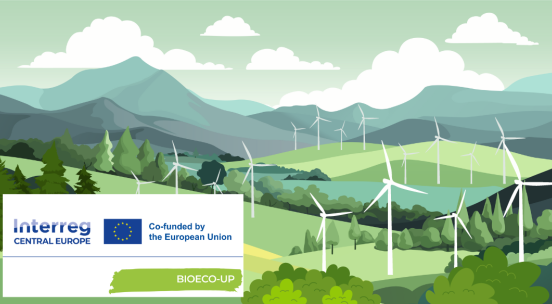
The BIOECONOMY info sheets are ready - Don't miss out; get yours now!
Experts across Europe prepared info sheets about various bioeconomy topics, with the involvement of our BRT Head - Assoc. Prof. Dr. Hynek Roubík. Experts involved in the INTERREG BIOECO-UP project have carefully selected topics to highlight the importance of the bioeconomy and its impact on the environment. If you want to discover more about biomaterials, biogas, or sustainable businesses, check out our info sheets!
More information on the project can also be found here:
www.interreg-central.eu/projects/bioeco-up.
The BIOECO-UP project supports the development and recognition of circular bioeconomy and value changes, empowers citizens to become bioeconomy consumers, and enhances the implementation of transnational policy analysis of bioeconomy measures. In addition, the BIOECO-UP supports several Agriculture Ministries members of the BOOST4BIOEAST Initiative (Associated partners). More details are available at https://bioeast.eu/objectives/.
You can download the info sheets HERE and HERE[SH1] . Enjoy!
About the project:
BIOECO-UP - Circular BioEconomy Market Uptake and Policy Support in Central Europe
The bioeconomy concept seeks to replace fossil resources with renewable raw materials in as many areas and applications as possible. The BIOECO-UP project widely establishes this concept across central Europe. The partners will design new circular value chains for the bioeconomy and change consumer behaviour. They will also support the policy level to push ahead with the transformation.
Stay tuned for more updates on the BIOECO-UP project!
For more details on BRT activities, follow us on social media for regular updates and highlights.

Biogas Research Team – proud member of the Artificial Intelligence Research Network
The BRT is pleased to announce that we are now a member of the Artificial Intelligence Research Network - Through Assoc. Prof. Dr. Hynek Roubík. The Artificial Intelligence Research Network serves as a dynamic platform for connecting AI researchers worldwide. It particularly focuses on chatbots and large language models. By joining this network, the BRT gains access to a wealth of resources and expertise in artificial intelligence.
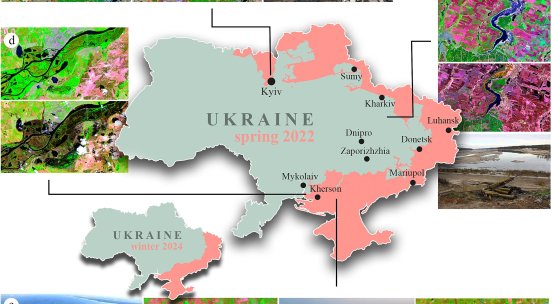
New paper published! Water security consequences of the Russia-Ukraine war and the post-war outlook
Water is a fundamental and irreplaceable resource for life on Earth. In this new paper, we show the consequences of water security. The Biogas Research Team is continuously mapping the situation and outlining roadmaps for the post-war recovery period. The Russia-Ukraine war, which began in February 2022 and persists in 2024, has significantly damaged Ukraine's water resources and infrastructure. This paper examines the ecological and economic consequences of the conflict on water bodies and outlines prospects for post-war recovery in the context of sustainable development.
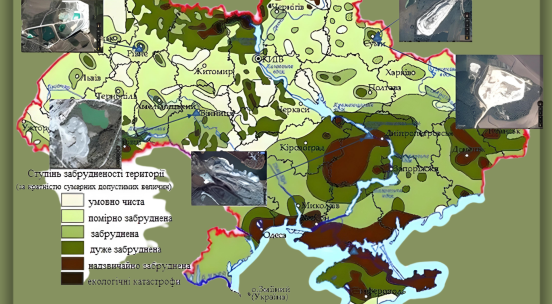
New paper published! Agroecological Transformation in the Salt Composition of Soil under the Phosphogypsum Influence on Irrigated Lands in Ukraine
Global climate change and the associated risks to food security are driving the expansion of irrigated agriculture in the Middle East, Africa, Central Asia and Europe. An increase in the share of irrigated agriculture can increase the productivity of agricultural land by an average of 25-35%. There are still unresolved issues regarding the feasibility and effectiveness of applying gypsum to haplic chernozems with a low degree of salinity. In the context of irrigated agriculture in Ukraine, agromeliorative measures with the use of chemical reclamation, which involves the introduction of substances of natural or man-made origin into the soil, are widespread. The use of phosphogypsum can become one of the important directions for the reclamation and amelioration of soils contaminated due to direct and indirect military actions. It is also possible to highlight the features of phosphogypsum that allow it to be used for the development of ecosystem services:

